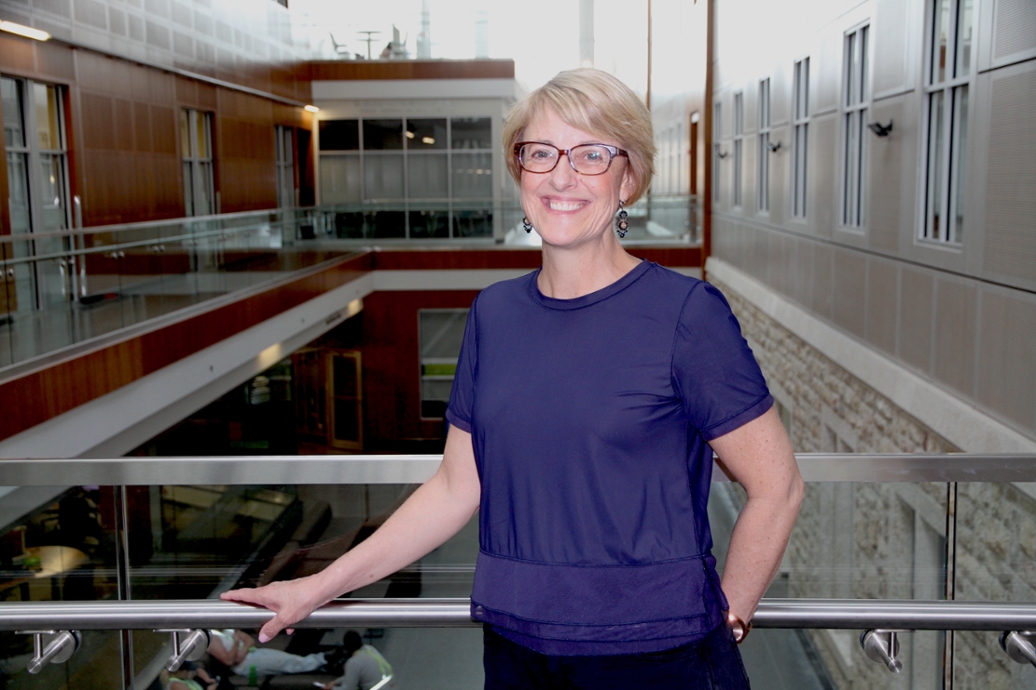
Preparing U of S health-care students for the new reality of end-of-life care
Two years ago, the federal government dramatically changed the health-care landscape by providing patients with the right to choose medical assistance in dying.
The passing of Bill C-14: Medical Assistance in Dying (MAID) on June 17, 2016 followed a landmark judgement by the Supreme Court of Canada and made it legal for patients who were suffering from an incurable medical ailment, and met a strict list of conditions, to choose the option to end their life. The new legislation had implications for not only patients and their families, but also for health-care providers who have to deal with the ethical dilemma and difficult decision of whether to choose to assist in helping a patient end their life.
“I think many physicians find it so different from the way we were trained, and that is the challenge,” said Dr. Susan Hayton, who graduated from medicine and law at the U of S and teaches about MAID in the College of Medicine. “This intervention was always illegal, and it was just not what we thought of ourselves as physicians, always trying to preserve life and extend life. But now I would say that much of the general public thinks this should be available and apparently most physicians do too, if you look at the statistics.”
According to a federal report released in June, there have been a total of 3,714 medically-assisted deaths in Canada since the legislation was adopted, including 39 in Saskatchewan during the most recent reporting period of July 1 to Dec. 31 of 2017.
While personal feelings about the issue vary widely among practitioners, faculty and students, the new legislation has required the university to help prepare the next generation of health-care professionals—doctors, nurses and pharmacists—for dealing with this new reality when they begin their careers.
